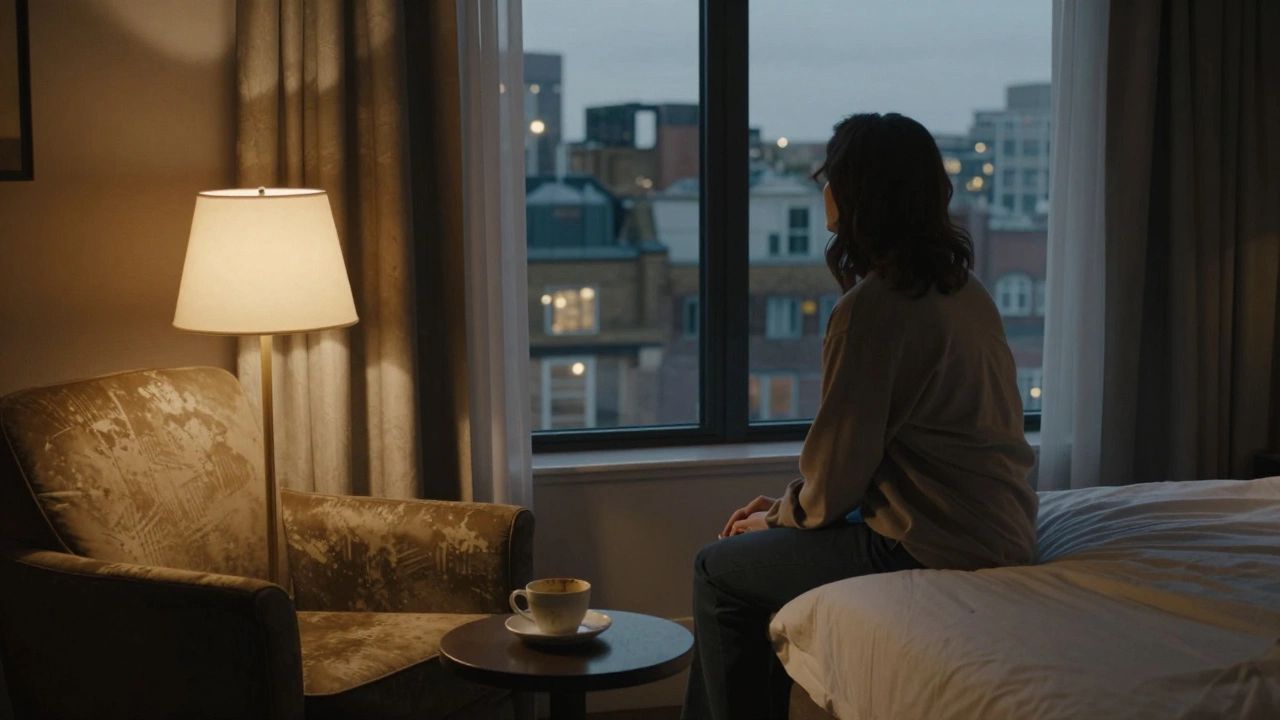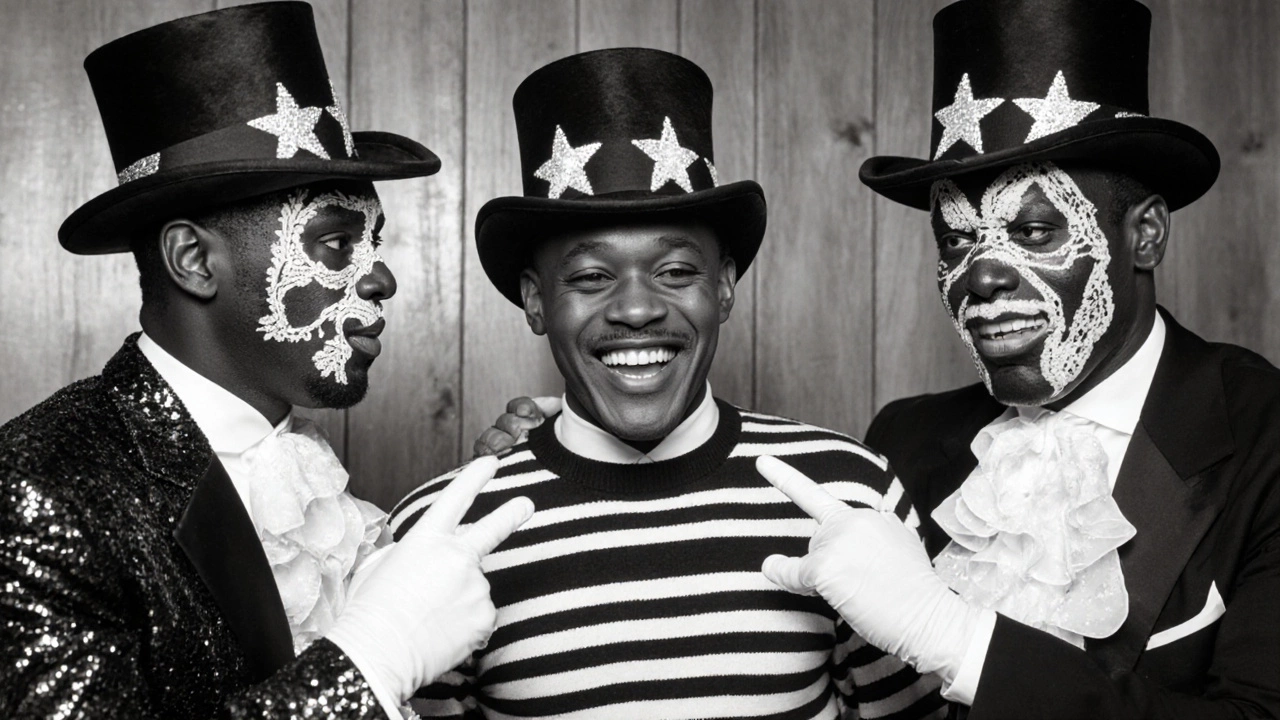Entertainment – News, Stories & Insight
When talking about Entertainment, any activity that amuses, informs or engages an audience, we’re really looking at a massive mix of music, film, TV, comedy and live events. It’s also a space where culture, history and personal experience collide. For example, Blackface, the practice of white performers painting their faces to imitate Black people has sparked fierce debate for decades, reminding us that Entertainment isn’t just fun—it can also reflect deep societal wounds. At the same time, creators are increasingly aware that Mental health, the emotional and psychological well‑being of individuals shapes how stories are told and received, pushing the industry toward more authentic, supportive narratives. And when you throw in a major broadcaster like BBC, the United Kingdom’s public service broadcaster known for news and entertainment, you see a powerful platform that can amplify or challenge these issues on a national scale.
Why Entertainment Matters Today
Entertainment encompasses everything from sitcoms that make us laugh to documentaries that open our eyes. That breadth means it requires a constant balancing act: creators must entertain while staying mindful of cultural sensitivities. The link between Entertainment and Blackface illustrates how a single performance can trigger widespread discussions about racial representation, prompting networks to reevaluate casting policies and content guidelines. Likewise, the growing focus on Mental health within the industry shows that behind every punchline or dramatic scene is a real person whose well‑being matters. When producers support mental‑health initiatives, they not only help talent stay healthy but also create space for stories that resonate on a deeper level.
BBC’s role in this ecosystem is huge. As a public service entity, it sets standards for how controversies like Blackface are reported and how mental‑health topics are covered. Its coverage can influence public opinion, push legislative change, and inspire other broadcasters worldwide to adopt similar practices. In short, the BBC often acts as a bridge, turning niche discussions into mainstream conversations that shape the future of Entertainment.
Understanding these connections helps you see why each article in our collection matters. You’ll find pieces that break down the history of Blackface, examine how mental‑health advocacy is reshaping comedy clubs, and analyze the BBC’s latest policies on sensitive content. Together, they paint a picture of an industry in flux, where old habits are being challenged and new norms are emerging.
Ready to dive deeper? Below you’ll discover a range of stories that explore these themes from different angles, offering both background and fresh perspectives. Whether you’re a fan, a creator, or just curious about how Entertainment reflects our world, the posts ahead will give you the context you need to stay informed and engaged.
- Quinton Stryker
- 0
Escort Services in London: Understanding the Reality Behind the Myth
Escort services in London are often marketed with exotic stereotypes, but the reality is far more complex. Behind the labels are real people seeking safety, dignity, and connection-not fantasy.
Read more- Quinton Stryker
- 0
Madonna’s ‘Veronica Electronica’ Revives ‘Ray of Light’ Legacy With Nostalgic Remixes
Madonna's 2024 remix album 'Veronica Electronica' revives her 1998 Grammy-winning 'Ray of Light' with rare demos and reimagined tracks, reminding fans why her legacy still defines pop music today.
Read more- Quinton Stryker
- 0
Lenny Henry admits he needed therapy after blackface TV stint
Sir Lenny Henry reveals he needed therapy after his teenage stint on the BBC's blackface minstrel show, linking personal trauma to broader mental‑health advocacy.
Read more

